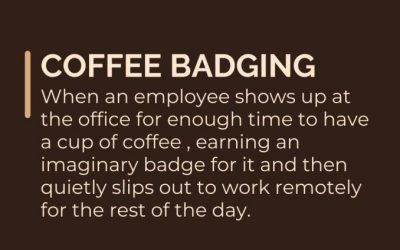In the UK there are eight public holidays each year (with variations in Scotland and Northern Ireland) and for most of us that means a long weekend, a time to catch up on some chores and maybe even a BBQ. However, for many organisations the show goes on as normal, or at least some bank holiday cover may be required. Add the looming school half terms and the summer holiday season and it’s enough to push some employers into a light sweat over cover.
For any period where you know you’re going to be short of staff, it’s important to find the right balance between bringing in new, potentially expensive and unnecessary, short-term cover and placing too much responsibility on remaining staff. For some organisations national holiday periods such as bank holidays, Christmas and Easter may be quiet for the business if clients or customers are off enjoying their holiday too and can be a great time to play catch up. However for the rest, particularly service industries, the same work may need to be done but you will have distinctly less staff. This is when the importance of managing employee leave is at its most significant.
Good Planning
As with any aspect of business, a successful outcome is usually down to a foundation of good planning. Be clear on the facts and know what holiday your employees are legally entitled to. Consider maternity leave, those on sick leave and be sure to be clear about part-time worker’s entitlements. Develop a clear policy for holiday and requests and use a holiday dairy or calendar visible to everyone. If needed, introduce rules on when holidays can and cannot be taken to help meet your business needs. You can also prompt employees to take their annual leave – keeping a good track on who’s doing what with regards to their annual leave will mean you’re well prepared for covering any gaps.
Fair Policy and Recognition
Your high performers will be the most efficient and effective form of cover, but you need to be careful not to put too much demand on these employees who have a good skill set and if they are put under too much pressure may begin to think about a future elsewhere. Ensure you are straight with employees and tell them why they’re required to do extra work and how long for, this will show that you respect them and will help to put the extra work into perspective. Reward those who’ve gone out of their way and worked hard, use employee of the month recognition or incentives for example. If the policy you have in place is fair and you treat all requests fairly and consistently, this is the best foundation for keeping everything running smoothly through times when there are a large number or employees on leave. Some organisations may see benefit in allowing their employees more control over annual leave, so they can balance their personal commitments and work life more individually, think about purchasing and selling annual leave or the ability to carry it over.
In general terms, following these principles of respect, good planning and fair policy should aid your business when cover is short, without the need to hire any external temporary workers. Ensure each department knows that an appropriate handover must be completed before they leave and hold a team meeting to allow any details to be covered and questions to be asked. Your employees deserve a break and if they have a great time on holiday and come back to see that their department hasn’t been destroyed in their absence or that their desk hasn’t been piled high with outstanding to-dos, you’re likely to have a happier, more productive workforce.










